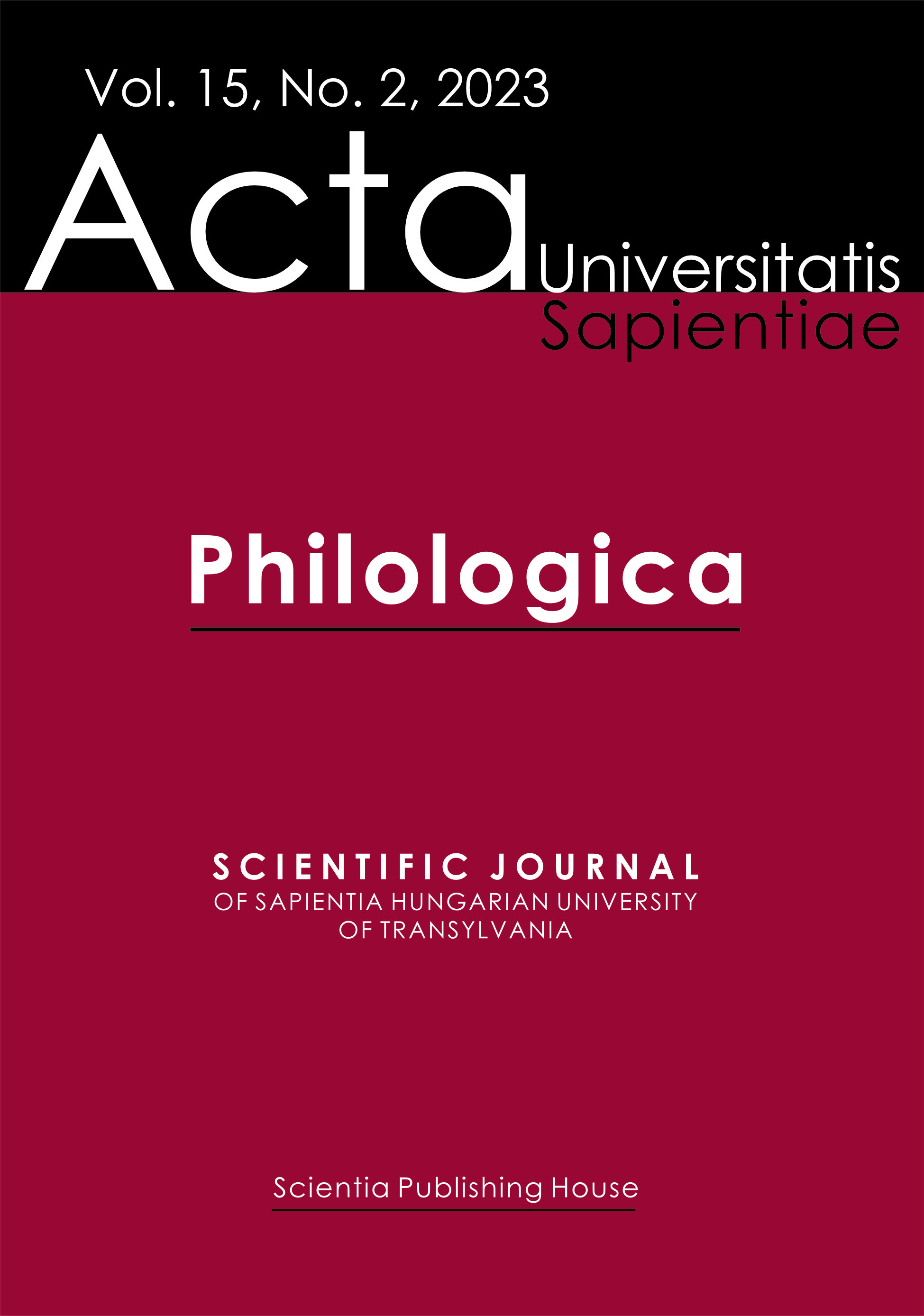Cultural Models of the Body Parts Hand and Hair in Hungarian Archaic Prayers
Cultural Models of the Body Parts Hand and Hair in Hungarian Archaic Prayers
Author(s): Judit Baranyiné KóczySubject(s): Cognitive linguistics
Published by: Scientia Kiadó
Keywords: cultural conceptualizations; cultural linguistics; hair; hand; Hungarian; metaphor; schema;
Summary/Abstract: Body part names are productive sources of metaphoric and metonymic expressions, which constitute coherent constructions in the languages. These cognitive cultural models are subconsciously known to all cultural community members (D’Andrade 1992). In the paper, I explore how culture influences the conceptualizations of body parts. The theoretical framework is Cultural Linguistics (Sharifian 2017), which investigates cultural conceptualizations in language. The data and analysis presented here consider the uses of ‘hand’ and ‘hair’ metaphors and metonymies in Hungarian archaic prayers, which represent a specific subculture mingling elements of the Christian religion with other (pagan or shamanistic) belief systems. The corpus of the study is Erdélyi’s collection of 321 archaic prayers (2013 [1976]), from which all representations of ‘hand’ and ‘hair’ are selected and conceptually analysed. The results show that 1) the figurative functions of the two body parts partly correspond to metaphors which are also found in secular Hungarian (e.g. hand for help, hand for care, hand for action); however, in the archaic prayers, they often take form in specific meanings (hand for help to get into heaven, hand for providence, hand for control); 2) their figurative uses strongly rely on cultural schemas which are attached to people and events. It is concluded that the body parts under consideration have fundamentally different cultural models in prayers than in secular usage.
Journal: Acta Universitatis Sapientiae, Philologica
- Issue Year: 15/2023
- Issue No: 2
- Page Range: 135-152
- Page Count: 18
- Language: English

